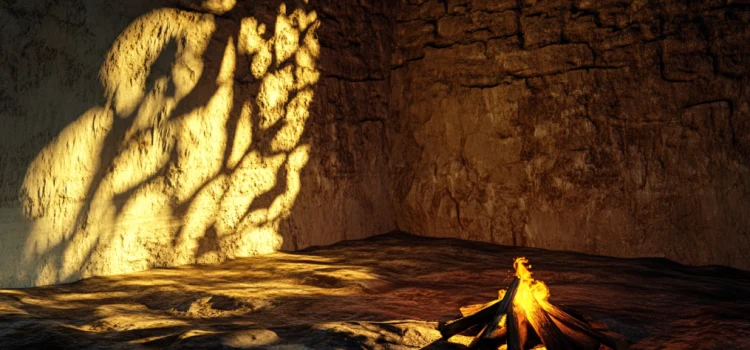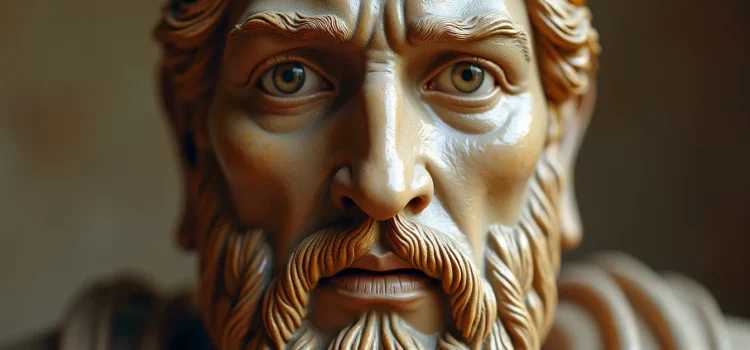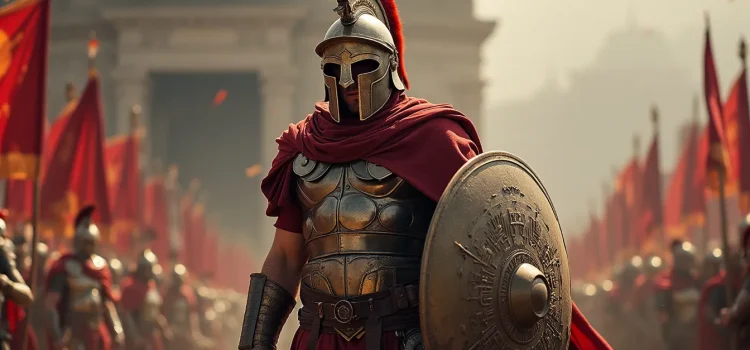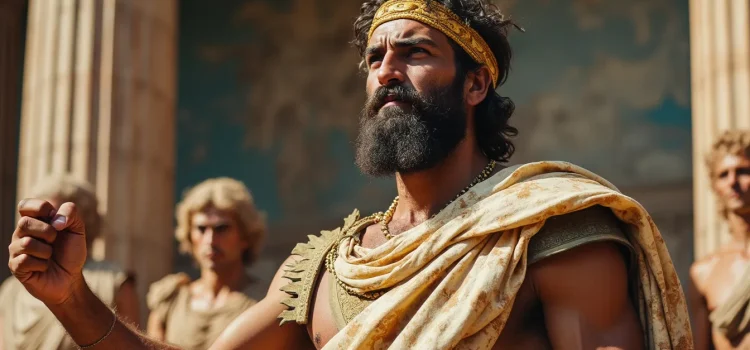Do you ever think about what could have been? How can answering that question help you make better decisions? In his book Doing Good Better, William MacAskill presents the concept of counterfactual reasoning as a tool for effective altruism. He explains how this approach can help you evaluate the real-world impact of your charitable choices and career decisions. Read more to discover a more strategic approach to making a difference in the world.
Counterfactual Reasoning & Effective Altruism (MacAskill)










